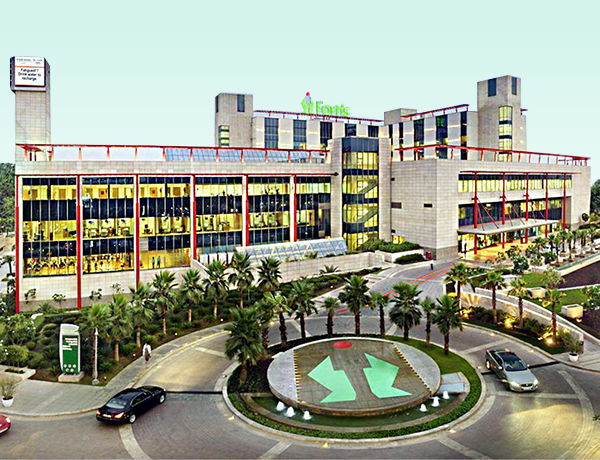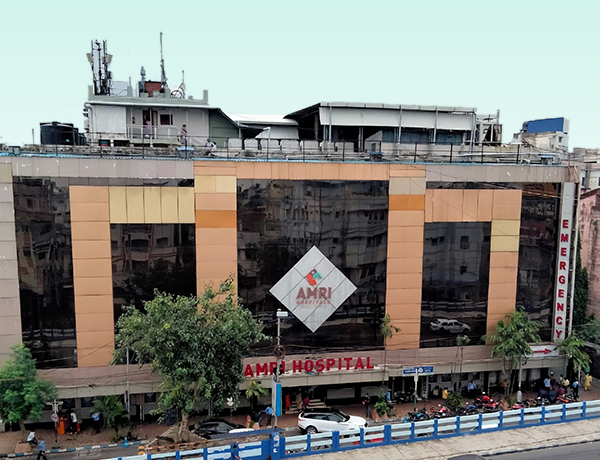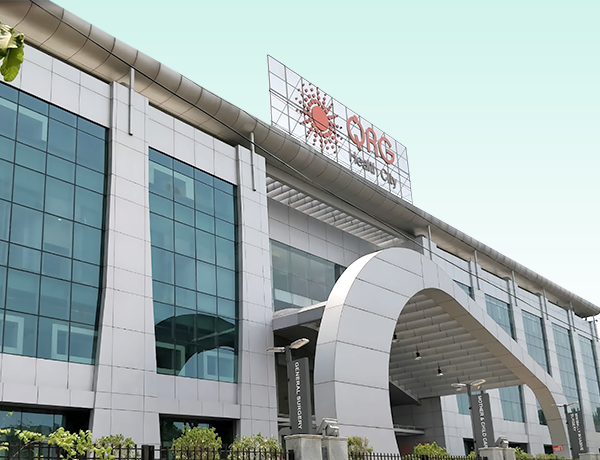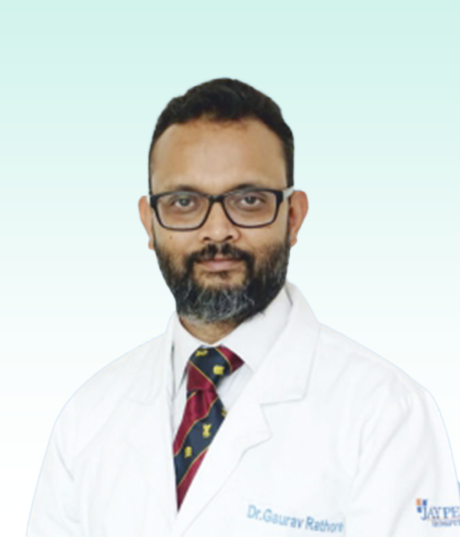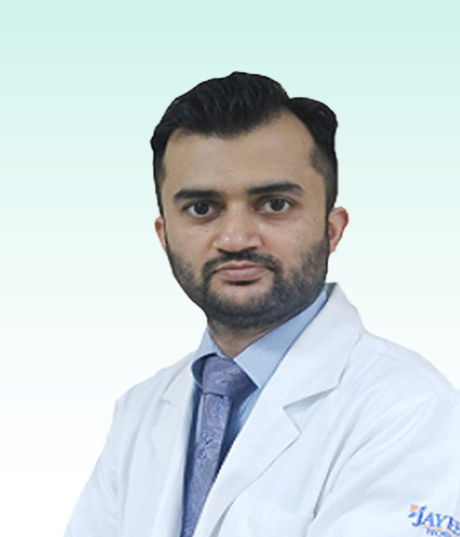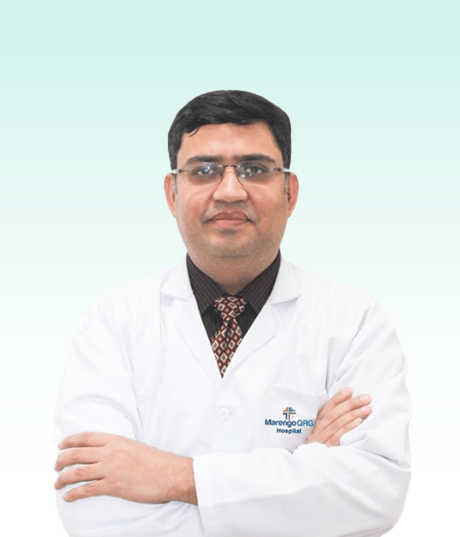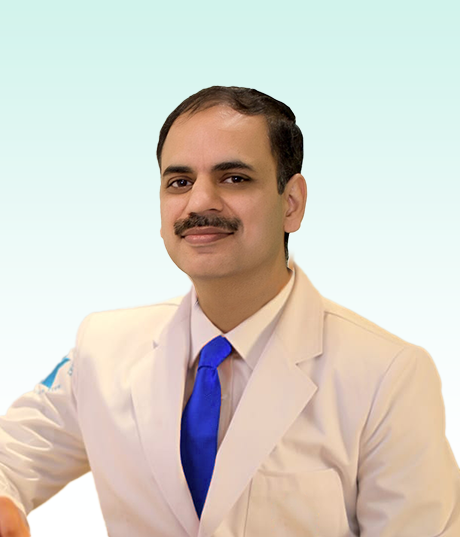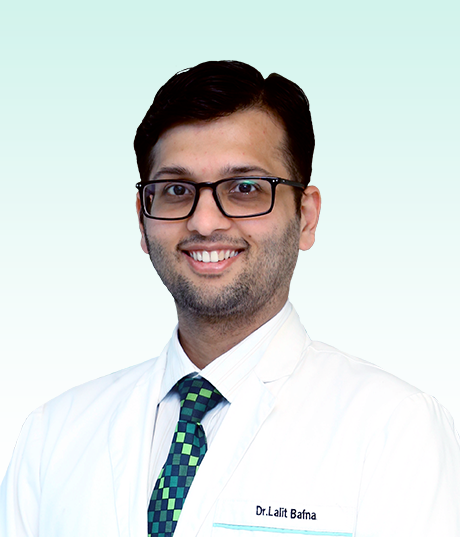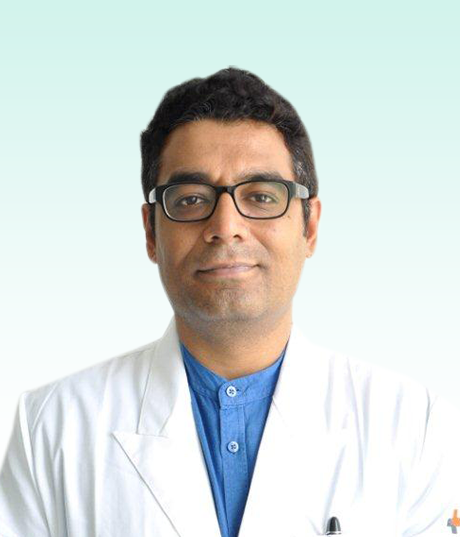Reverse Shoulder Replacement
Reverse Shoulder Replacement is a surgical procedure used to treat severe shoulder joint pain and dysfunction, typically resulting from conditions like rotator cuff tear arthropathy, severe fractures, or failed previous shoulder surgeries. Unlike traditional shoulder replacement, this procedure switches the positions of the ball and socket components, allowing the deltoid muscle to take over the function of the damaged rotator cuff.

Who Needs Reverse Shoulder Replacement
Reverse Shoulder Replacement is recommended for individuals who have:
Rotator Cuff Tear Arthropathy: Severe arthritis coupled with a massive, irreparable rotator cuff tear.
Complex Fractures: Severe fractures that cannot be adequately treated with other methods.
Failed Previous Shoulder Surgeries: Cases where previous shoulder surgeries have not provided satisfactory results.
When to See a Specialist
If you experience persistent shoulder pain, limited range of motion, difficulty in daily activities, or if conservative treatments like medications, physical therapy, or injections have not provided relief, it is advisable to see a specialist. An orthopedic surgeon experienced in shoulder joint disorders can evaluate your condition and determine if Reverse Shoulder Replacement is a suitable option for you.
Procedure
Anesthesia: The patient is placed under general anesthesia to ensure comfort throughout the procedure.
Incision: The surgeon makes an incision over the shoulder to access the joint.
Preparation: The damaged humeral head (upper arm bone) is removed, and the socket is prepared for the implant.
Implant Placement: The reverse shoulder implant, consisting of a metal ball attached to the socket and a plastic socket attached to the humerus, is inserted.
Closure: The incision is closed with sutures or staples.
Postoperative Care: The patient may require a short hospital stay for monitoring, pain management, and initiation of physical therapy.
Road to Recovery
Recovery from Reverse Shoulder Replacement involves a rehabilitation program that focuses on restoring range of motion, strength, and function. Physical therapy is crucial to optimize shoulder function and achieve the best possible outcomes. The duration of recovery varies depending on individual factors and the extent of the initial condition.
Risk Management
As with any surgical procedure, Reverse Shoulder Replacement carries some risks and potential complications. These may include infection, implant loosening or dislocation, nerve or blood vessel damage, limited range of motion, and persistent pain. Your surgeon will discuss these risks with you and take appropriate measures to minimize them.
Benefits of Reverse Shoulder Replacement
Pain Relief: Reverse Shoulder Replacement can significantly alleviate chronic shoulder pain and improve quality of life.
Restoration of Function: By using the deltoid muscle instead of the damaged rotator cuff, the procedure can restore shoulder function and mobility.
Improved Stability: The reverse configuration of the shoulder joint provides greater stability, making it beneficial for individuals with severe rotator cuff damage.
Frequently Asked Questions
How long will the implant last?
The longevity of the implant depends on various factors, including the patient’s age, activity level, and adherence to postoperative care guidelines. While implants can last for many years, they may require revision surgery in the future.
What are the limitations after Reverse Shoulder Replacement?
Following surgery, there may be restrictions on certain activities involving the shoulder, such as heavy lifting or high-impact sports. Your surgeon will provide specific guidelines based on your individual case.
Will I be able to regain full range of motion after the procedure?
While Reverse Shoulder Replacement can improve shoulder function, achieving a full range of motion may not always be possible. The extent of recovery depends on the severity of the initial condition and individual factors.
What is the success rate of Reverse Shoulder Replacement?
The success rate of Reverse Shoulder Replacement is generally high, with a significant improvement in pain relief and functional outcomes reported in many cases. However, individual results may vary.
Treatians As The Best Choice
Treatians understand that seeking medical treatment abroad can be a daunting experience for patients and their families. That’s why the company offers end-to-end support to its clients, from the initial consultation to post-treatment care. The company provides personalized treatment plans that are tailored to meet the individual needs of each patient, and its team of dedicated professionals is always on hand to provide guidance and support throughout the entire process. Contact us at +91-7982312582, drop your email [email protected]
- Trauma & intensive care
- Aged Care
- Community Services
- Diagnosis & Investigation
- Medical & Surgical
- Mental Health
- Rehabitation
- Specialised Support Service







